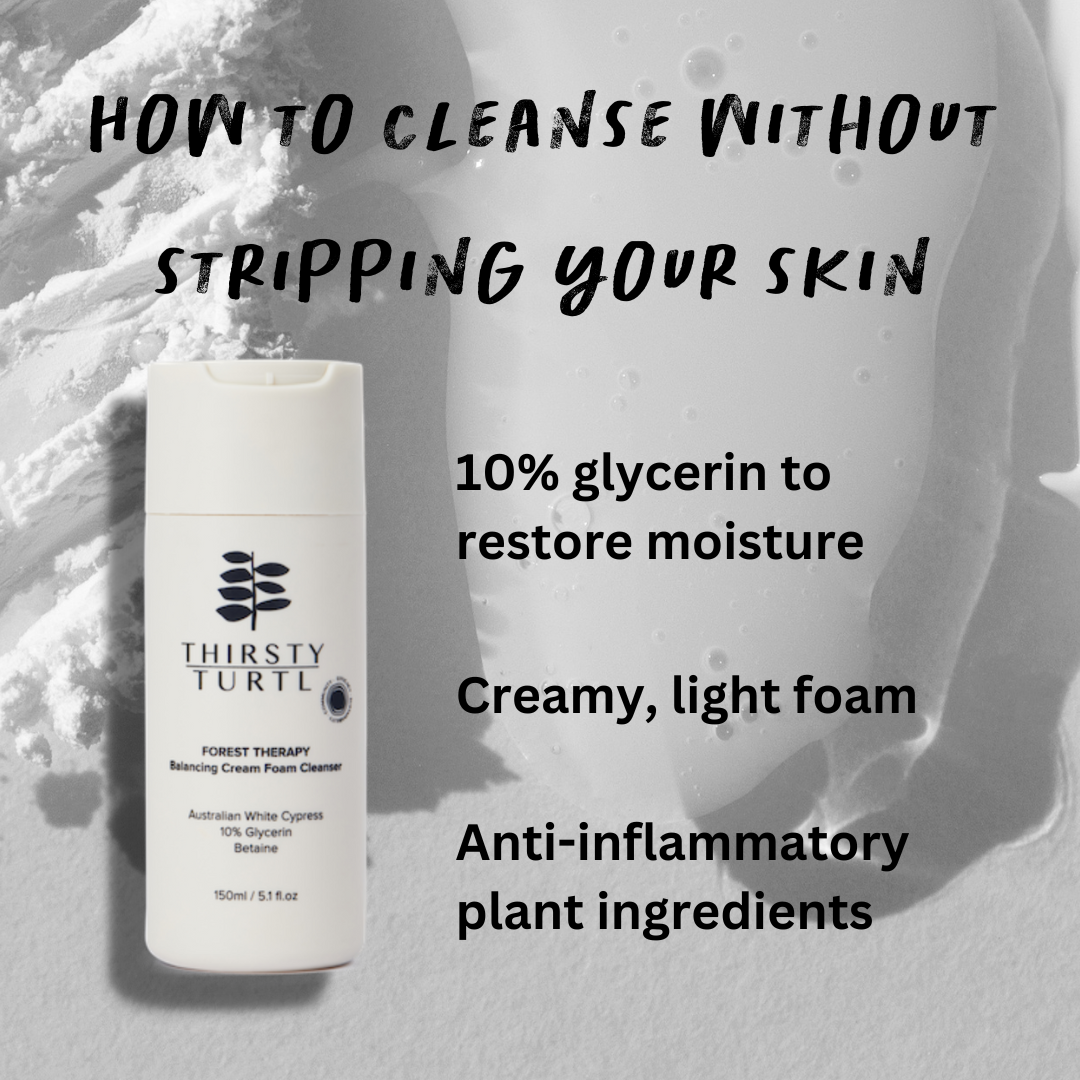
5 skincare myths that were busted when I became a cosmetic chemist
In fact, "clean" beauty doesn’t really exist – all cosmetic ingredients are regulated and if used within limits are safe for the skin – this includes parabens, silicones, sulfates and fragrances. The idea that some ingredients are “clean” vs. “nasty” is just fear-mongering, often based on junk science. Clean beauty has actually set the cosmetic industry back as companies need to search for alternatives which are often more expensive and have inferior performance. We are seeking to go beyond this limiting philosophy and focus on efficacy with positive social and environmental impact.
2. Fragrance free is best.Not true in all cases! Yes, essential oils and some fragrances contain allergens which can cause issues for sensitive skin (but can also cause no issues for others). But many oils and fragrances are allergen free and entirely safe to use on all skin types. Smell is incredibly important to the product and forms part of the skincare experience – why skip this part if you don’t have to? Also, many high-performance skincare ingredients can be a bit pungent, meaning fragrance-free products have to navigate around this issue with alternative ingredients – potentially inadvertently causing an inferior product.
3. Foaming cleansers are too drying for mature skinAgain – not really true in all cases. I wouldn’t use some of my teenage supermarket foaming cleansers on my skin now but many recent foaming cleansers are formulated to be hydrating and non-irritating, and are perfect for removing makeup and sunscreen. Our foaming cleanser is formulated with a mix of five different surfactants that are all suitable for sensitive skin. They work together to give a great clean while being mild on the skin, all the while maintaining a very satisfying, creamy dense foam. We also pair this with glycerin, emollients and betaine; to increase mildness and hydration.
4. Natural skincare is better for sensitive skinThis one was a big surprise! There is a lot of messaging out there that natural = better. There is no basis for this claim apart from a belief that from the land beats made in the lab. The answer is not that clear cut, and as usual, it depends.
Some natural ingredients can wreak havoc on sensitive skin – they often don’t have the purity of lab produced skincare ingredients and can be contaminated with pesticides and other impurities which are difficult to remove without extensive processing.
Natural ingredients are sometimes more sustainably produced in the lab vs. wild grown. And many excellent actives are not natural but are “nature identical” and therefore don’t make the cut for "natural" brands – like niacinamide, vitamin C and peptides. Who wants to cancel out these skincare heroes?
Natural skincare products have to rule out a great many skincare ingredients which are perfectly safe and effective to use on the skin. This means formulators may need to use less effective or more expensive alternatives, which can ultimately impact the product performance.
But not all natural ingredients cause issues and nature can provide some extremely powerful actives. The desert tomato extract is packed with skin loving ingredients and we would never give up green tea. Our approach – don’t follow a formulation philosophy that restricts the use of great ingredients, without good reason.
5. Higher concentrations are always betterWhen I first started out with DIY cosmetics, I went all in – literally. Why use 1% hyaluronic acid when I could try 2%? Why stop at 20% vitamin C? Why not add all actives into every formula far above their recommended limits?
The answers mostly lay somewhere between creating a gooey mess and severe skin irritation. Sometimes more can be better, but often more can just add unnecessary cost for limited benefit. The reality is that most actives have not been extensively tested at different concentrations so there is little proof that more is better. What is true is that higher concentrations can be more irritating depending on the active and depending on the skin.
How do we approach this? We use the highest percentage of the recommended range for our actives that are within supplier limits and have been proven, so the product will actually do what we want it to. But it shouldn’t cause formula instability or irritation on most skin types, and we are not adding unnecessary costs which have to be passed on.

